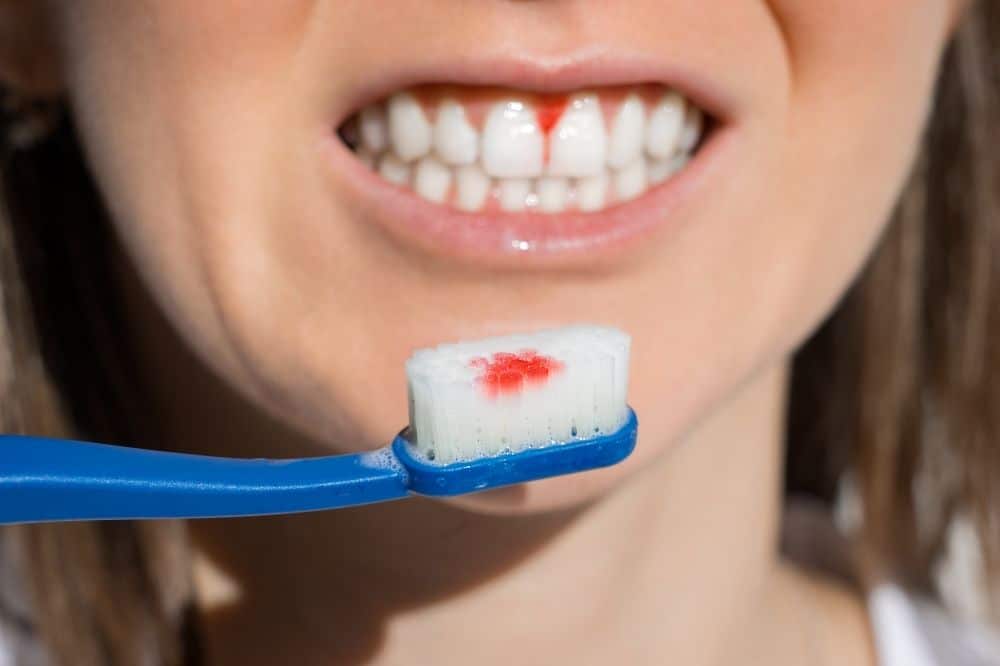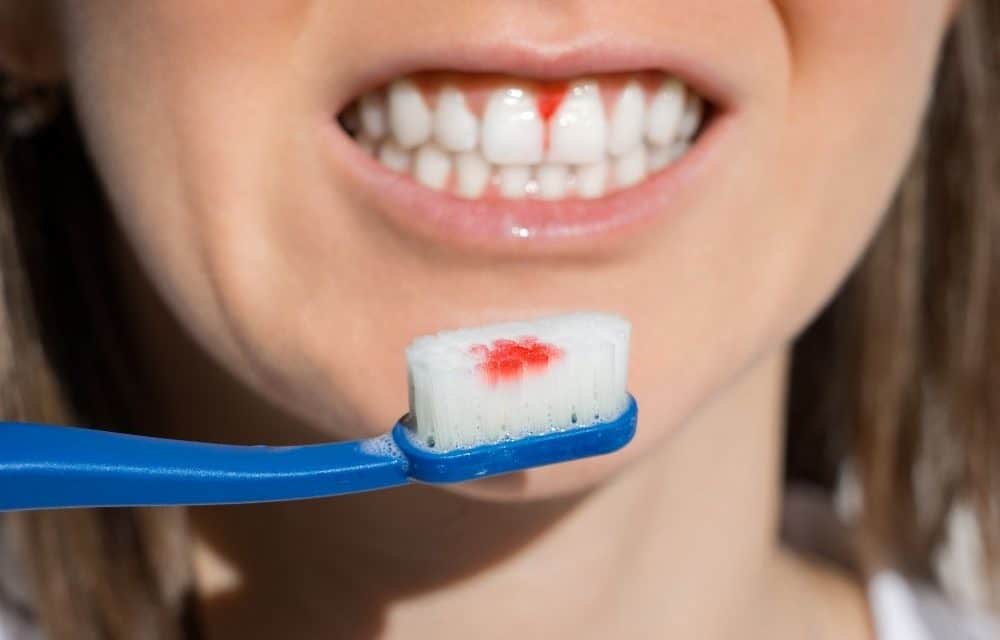
Stages, Symptoms, & Treatment
When an excessive amount of bacteria is allowed to grow on your teeth and thrive, you may end up developing periodontal disease, which is an infection of your gums. If left untreated, periodontal disease can go beyond the gumline, impacting the integrity of your jaw bone, and causing tooth loss. If periodontal disease progresses to an advanced stage, you may need a large amount of dental procedures to correct the problem.
What Are the Causes of Periodontal Disease?
The primary cause behind the development of periodontal disease is bacteria overgrowth from a lack of routine oral hygiene and care. When bacteria isn’t removed from the teeth and gum line, it will multiply and cause plaque. This white, sticky substance wears away the protective coating on your teeth known as your enamel, allows pockets to open up between your gums and teeth, and hardens into tartar.
A secondary cause of gum disease (periodontal), are lifestyle choices and certain medical conditions that impact your oral health. This includes choosing to use tobacco (smoking), undergoing drastic changes to your hormones, having diabetes, and using certain medications that cause symptoms like dry mouth.
Understanding the 4 Stages of Periodontal Disease: It Can Happen to Anyone!
Since periodontal disease develops without any pain (at first) and slowly over time, the initial symptoms may be missed. It is important to note that periodontal disease can and does affect everyone of varying ages, and it may manifest with different symptoms from person to person. Here are the four stages of periodontal disease as noted by dentists.
1. Stage One: Gingivitis
In the first stage of periodontal disease, you are unlikely to have any pain and only a few symptoms. The symptoms that are likely to show up include
- Inflamed gums that are red, swollen, and bleed when brushing or flossing.
- You may also suffer from bad breath.
- Get an off-putting metallic taste in your mouth.
- You may notice increased spacing between teeth.
These symptoms can be quite easy to gloss over if you only periodically use a mirror when you brush or floss, and choose to use mouthwash as the treatment for bad breath. But, unlike other stages of periodontal disease, gingivitis is treatable and reversible with the right tools and treatment from your dentist. Maintaining excellent oral hygiene practices will go a long way to preventing it from progressing to the next stage.
2. Stage Two: Slight or Early Periodontal Disease
After gingivitis follows early periodontitis, the second stage. In this stage, your gums are likely to pull away from your teeth, allowing pockets of bacteria to form between the gum line and the teeth (receding gums). When these pockets become filled with bacteria, plaque, and food debris, it leads to infections. In this stage, the immediate surrounding bone structures can be irreversibly damaged. Symptoms are:
- Swollen gums that are bright red or purple in color.
- Gums that bleed easily and are tender.
- Receding gums.
- Noticeably bad breath.
- Loose teeth.
- Pain when chewing.
- New spaces between your teeth.
- Periodontal pockets.
While early periodontal disease is not reversible, it can be managed with in-depth cleanings, and a complete overhaul of your daily oral hygiene routine. Your dentist may suggest scaling and root planing procedures to help deep clean underneath your teeth’s gums.
3. Stage Three: Moderate Periodontal Disease
If your periodontal disease gets to the third stage, the rest of your body is going to start feeling it’s impact. During this stage, you’re going to have severe inflammation, and oral infections may allow bacteria to infect your bloodstream, and cause bone loss. You will experience all of the symptoms in stage two, with the addition of:
- Pain and moderate bleeding while brushing and flossing.
- Pus between your teeth as a result of the infections.
- Loose teeth due to receding gums.
- Inflammation throughout your entire body.
- Extremely bad breath.
The treatment for this stage of periodontal disease is deep root planing and scaling to remove all plaque deep under the gum line and along the teeth. You may also have laser treatment done to remove any diseased gum tissue, and you may be prescribed with an antibiotic to help fight the bacteria and infections. Your dentist may also make some recommendations for further procedures if your teeth have begun shifting, or if bone loss has begun.
4. Stage Four: Advanced Periodontal Disease
In the fourth and last stage, the bacteria is aggressive, bone loss is imminent, and gum recession is serious. You are going to have immense sensitivity to cold and hot temperatures, experience chronic bad breath, and you may lose your teeth. The symptoms of this stage include:
- Offensive bad breath (halitosis).
- Gums that bleed often and easily.
- Swollen and receding gums.
- Intense pain when chewing food.
- Extremely deep periodontal pockets that are far reaching.
- Loose teeth that may or may not be misaligned from shifting.
The treatment for this stage may require several different approaches depending on how severe the advancement is. Your gums may need to be scaled, you may need flap surgery (pocket reduction surgery), bone grafts may need to be done to stop future bone loss, root planing and scaling is a must, and some teeth may need to be removed.
Fighting Back Against Periodontal Disease
The four stages of periodontal disease can escalate quickly! While practicing proper oral hygiene at home is critical in preventing the spread of the disease and its initial development, routine dental check-ups are vital for spotting the warning signs early. If you are worried about periodontal disease, make sure to book an appointment to have your teeth and gums checked out.
If you’d like to come for a dental visit and/or have any questions, feel free to get in touch today.





